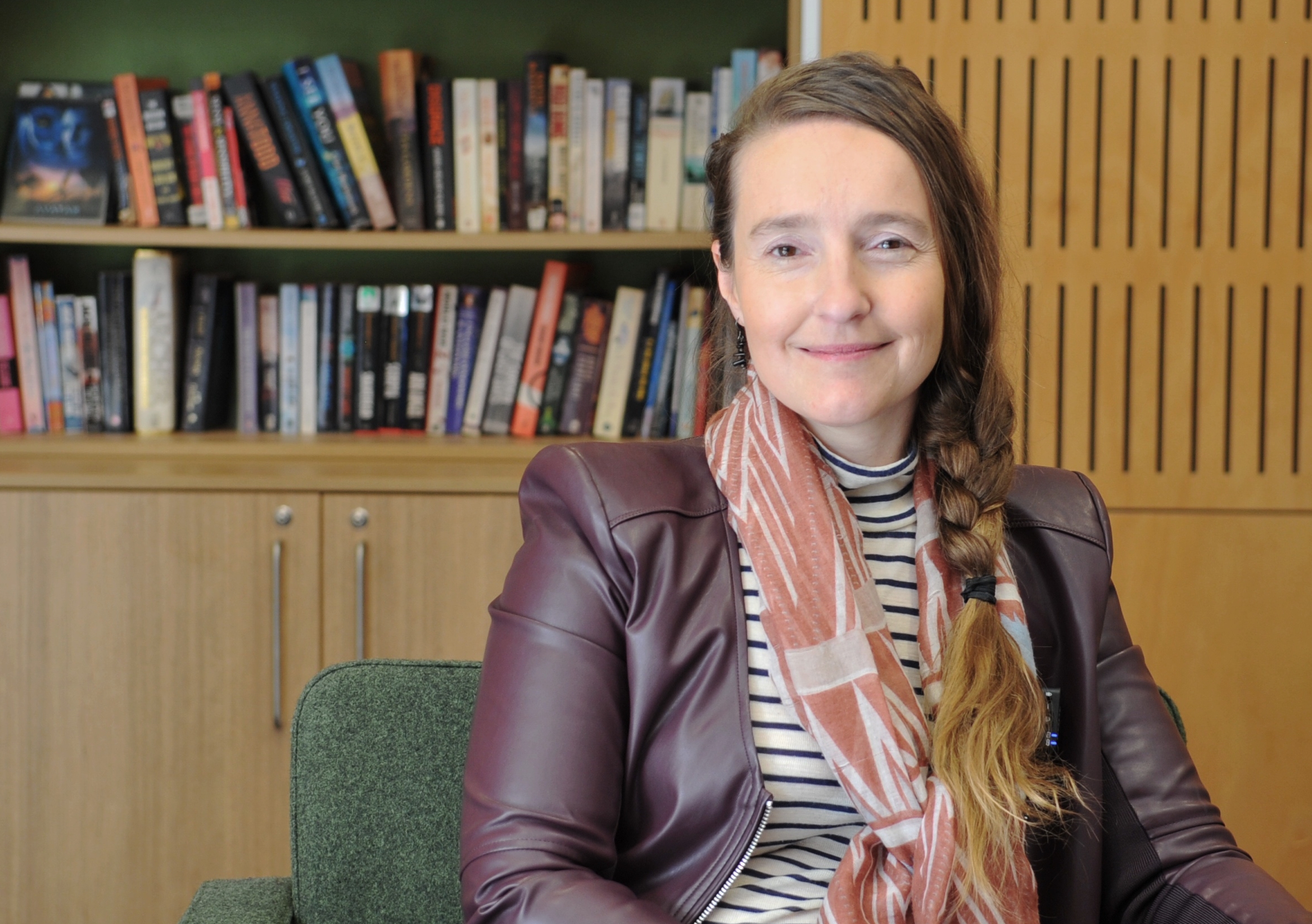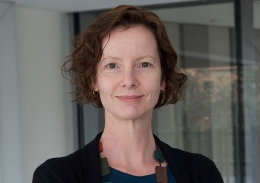UNSW academics awarded $2.4m by NHMRC to commercialise innovative research
The projects to receive funding include a minimally invasive treatment for obstructive sleep apnoea and an exercise program to prevent falls.
The projects to receive funding include a minimally invasive treatment for obstructive sleep apnoea and an exercise program to prevent falls.

UNSW Sydney researchers from Neuroscience Research Australia (NeuRA) have been awarded $2.4 million in Development Grants from the National Health and Medical Research Council (NHMRC) to improve treatment in people with obstructive sleep apnoea and to prevent falls in older people.
UNSW Medicine & Health Professor Lynne Bilston and Professor Kim Delbaere, both Senior Principal Research Scientists at NeuRA, were two of 16 successful recipients of this funding round. The NHMRC’s Development Grant Scheme is designed to support the translation of proof-of-concept research into commercial outcomes.
Dean of UNSW Medicine & Health Professor Vlado Perkovic congratulated the academics on their grant success.
“This funding announcement is a fantastic recognition of the work Lynne Bilston and Kim Delbaere do in their respective fields,” Prof. Perkovic said.
“Their research is addressing challenges in treating sleep apnoea and improving access to effective fall prevention, with the aim of improving the lives of all Australians, helping to drive digital transformation in health care.”
Prof. Bilston has been awarded $1.1m to progress a new, minimally invasive light-stimulation therapy, Optosleep, to the stage where it can be tested in human patients. Obstructive sleep apnoea is a common sleep disorder where the upper airway collapses repeatedly during sleep, interrupting breathing. More than 25 per cent of Australians over 40 have the condition, which is associated with increased accidents and an elevated risk of cardiovascular disease.

Professor Lynne Bilston has been awarded $1.1m to progress a minimally invasive light-stimulation therapy, Optosleep.
“Optosleep is a completely new concept for obstructive sleep apnoea therapy,” Prof. Bilston said. “It consists of two components – an optogenetic component that makes the upper airway muscles sensitive to light, and a smart oral appliance that senses respiration and delivers light stimuli to activate the upper airway dilator muscles and maintain upper airway patency during sleep.
“While we have a working prototype of the oral appliance currently in pilot testing with human volunteers, this funding will enable us to progress both components of Optosleep to the point where they’re ready for Phase 1 human trials, a critical step for commercial investment to bring it to patients.”
Prof. Delbaere will receive $1.3m to transition a home-based digital exercise program, StandingTall, from a research-only app to a commercial offering that provides a cost-effective fall prevention solution for all older Australians.
Falls are a large and growing problem for older people worldwide. In Australia, falls are the leading cause of death among people aged over 65, with an average of 14 people dying every day. In 2020 alone, more than 128,000 older people were hospitalised after a fall, costing the country’s health system more than $2.3 billion.
“StandingTall is the first digital exercise program with proven clinical effectiveness to prevent falls in older people,” Prof. Delbaere said.
“The program identifies the optimal set of exercises from a library of over 6000 exercises, based on an inbuilt balance assessment. StandingTall has strong potential to drive digital transformation in health care as recommended in the recent Royal Commission into Aged Care Report. This vital funding will enable us to develop a scalable, commercial-ready program, co-designed with consumers and leading home care providers.”